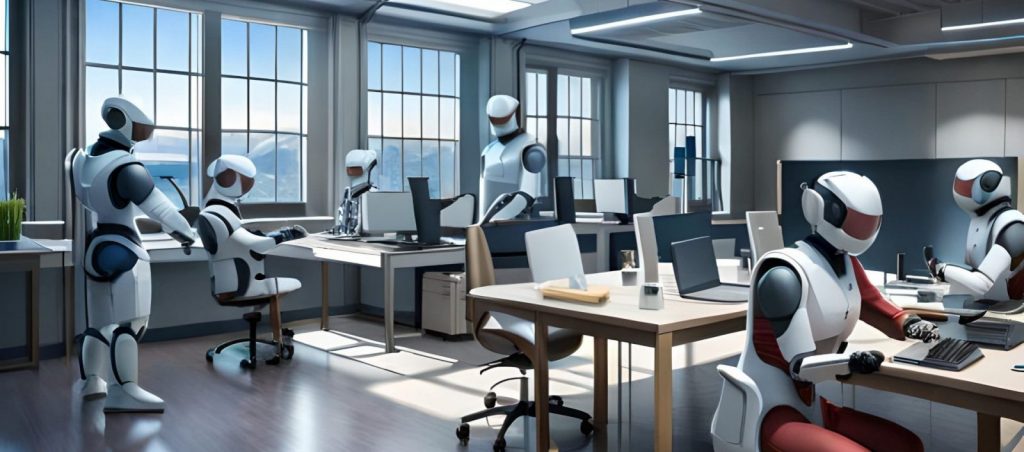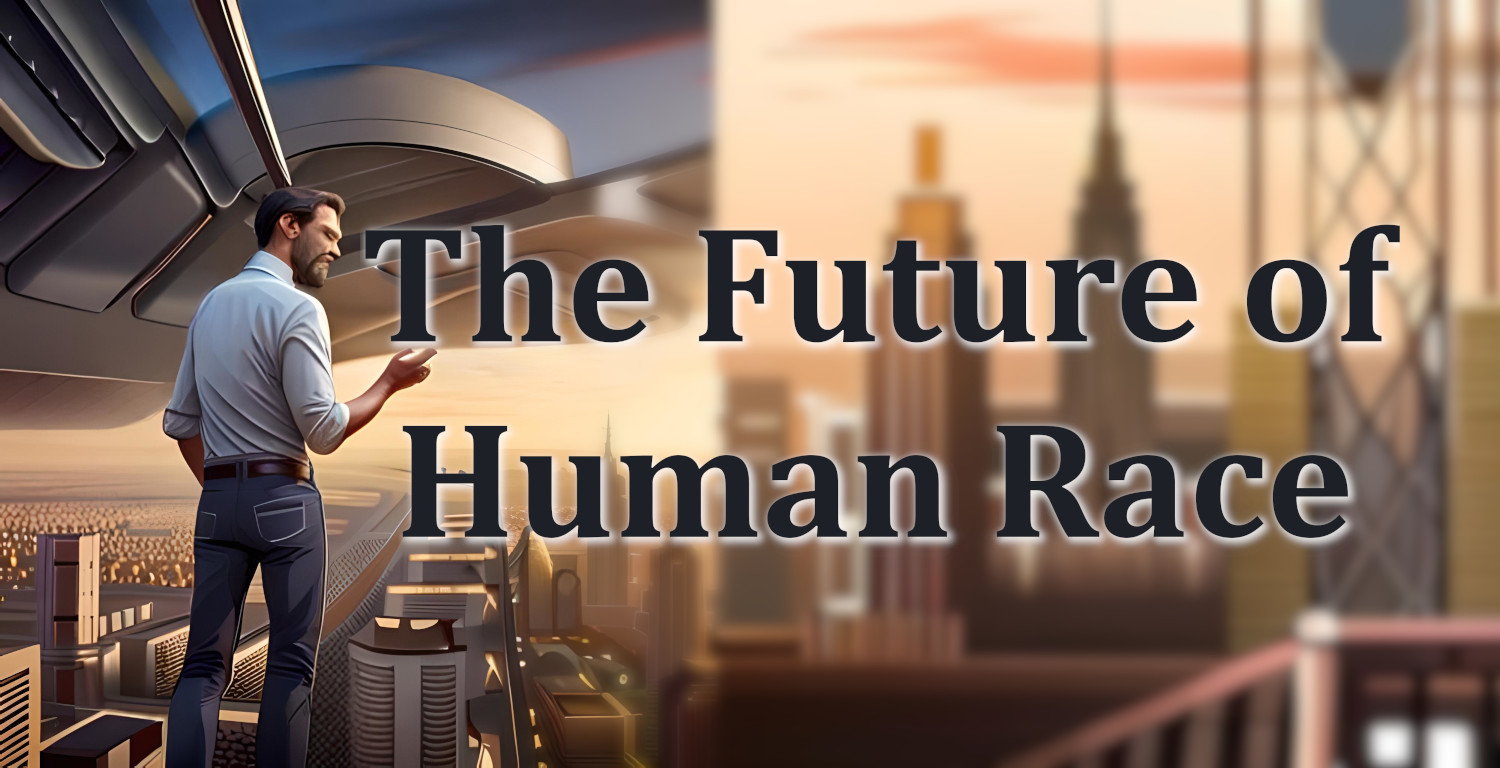The human race has come a long way since its inception, constantly adapting and evolving in response to changing circumstances. As we look to the future, we are bound to witness significant advancements and transformations that will shape the destiny of our species. This article delves into predictions and explores the potential evolution of the human race, considering technological, societal, and biological factors.
Technological Advancements
Technological progress has been the driving force behind numerous advancements in recent centuries, and it is expected to continue shaping our future. Here are some predictions regarding the impact of technology on the human race:

- Enhanced Intelligence: The integration of artificial intelligence (AI) with the human mind could lead to augmented intelligence. Brain-computer interfaces (BCIs) may enable direct communication between humans and machines, allowing for improved cognitive capabilities and expanding our capacity for learning and problem-solving.
- Genetic Engineering: Advancements in genetic engineering and biotechnology may enable us to modify our DNA, potentially eliminating genetic disorders and enhancing desirable traits. This could lead to a new era of “designer babies” and personalized medicine, improving overall health and longevity.
- Cyborgization: The merging of human biology with advanced prosthetics and implants may give rise to cyborgs, beings with enhanced physical abilities and augmented senses. This integration could provide solutions for individuals with disabilities, as well as open up possibilities for human augmentation beyond natural limits.
Societal Transformations
Society has always been in a state of constant flux, adapting to new ideas, ideologies, and cultural shifts. The future will bring about significant societal transformations that could reshape the human race:

- Global Connectivity: The proliferation of the internet and the continuous advancement of communication technologies will further connect the world. This global connectivity will enable unprecedented levels of collaboration, cultural exchange, and shared knowledge, transcending geographical and cultural boundaries.
- Demographic Changes: With improvements in healthcare and declining fertility rates in many countries, the human population is expected to stabilize and gradually decline. This shift will have profound implications for resource allocation, labor markets, and societal structures.
- Automation and Job Displacement: The rise of automation, robotics, and AI is predicted to lead to significant job displacement across various industries. While this may initially cause disruption, it could also create opportunities for new types of employment and encourage a shift towards creative, knowledge-based professions.
Biological Evolution
In addition to technological and societal advancements, the human race may continue to undergo biological evolution over time:

- Genetic Adaptation: As humans colonize other planets or adapt to extreme environments on Earth, genetic adaptations may occur. Natural selection could favor genetic traits that improve survival and reproduction in these environments, leading to variations within the human population.
- Evolutionary Pressure: The environmental challenges posed by climate change, resource scarcity, and emerging diseases may exert selective pressures on the human species. This could drive the evolution of traits that enhance resilience, adaptability, and disease resistance.
- Post-Humanism: With the advent of advanced technologies and genetic modifications, the concept of post-humanism emerges. Post-humans could possess significantly different biological characteristics and capabilities compared to present-day humans, blurring the line between human and machine.
Ethical Considerations
While contemplating the future of the human race, it is essential to acknowledge the ethical implications of these predictions and potential evolutionary paths. As we strive for progress, we must ensure responsible and equitable use of technology, considering the impact on individual liberties, social inequality, and the preservation of human dignity.
Conclusion

Predicting the future is inherently uncertain, and the evolution of the human race will likely be shaped by a complex interplay of technological, societal, and biological factors. As we venture into uncharted territories, it is crucial to approach these advancements with foresight, wisdom, and a commitment to safeguarding the values that define us as humans. By navigating the challenges and opportunities that lie ahead, we have the potential to shape a future that reflects our collective aspirations and builds upon the remarkable journey of the human race.
